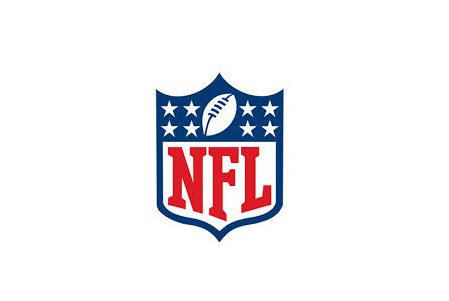Washington NFL team shot down by federal court
Jeremy M. Lazarus | 7/9/2015, 12:01 p.m.
Can the government ban trademark registration of the racist mascot name of Washington’s pro football team?
Yes, a federal judge ruled Wednesday in throwing the team for a big loss in its efforts to defend and maintain the name.
The decision is the biggest setback for the defiant team since the Richmond Free Press and other media outlets banned the use of the name. The Free Press took the action in October 2013, after deeming the name on a par with the “n” word for black people.
In his 70-page opinion, U.S. District Court Judge Gerald B. Lee of Alexandria affirmed the 2014 decision of the Trademark Trial and Appeal Board to cancel federal registration of the name and logo after finding the team’s name is disparaging to Native Americans.
Federal law bars trademark protection for names that the board determines to be offensive or that bring a group of people into contempt or disrepute.
Team owner Daniel Snyder, who has vowed to maintain the name, is expected to appeal the decision to the 4th U.S. Circuit Court of Appeals in Richmond and would likely go to the U.S. Supreme Court if the team loses again.
The team’s biggest hurdle is a recent U.S. Supreme Court decision in a Texas case that gives governments more leeway in such cases. In that case, the state of Texas was allowed to ban Confederate flags from license plates, which the court called “government speech.”
Judge Lee cited that decision in ruling that trademark registration is government speech and that the government can decide if a name is disparaging and, thus, can be banned from the trademark rolls.
The judge made it clear his ruling does not prevent the team from using the name and logo, only from registering it.
According to legal experts, registration only makes it easier for the team to go after individuals and companies who produce and sell products without permission.
However, the team will continue to have trademark protection because the name and logo have been in use for decades, experts said. Common use provides copyright protection.
The team also could register the name and logo in each of the 50 states and in other countries and gain the same protection, experts said.







